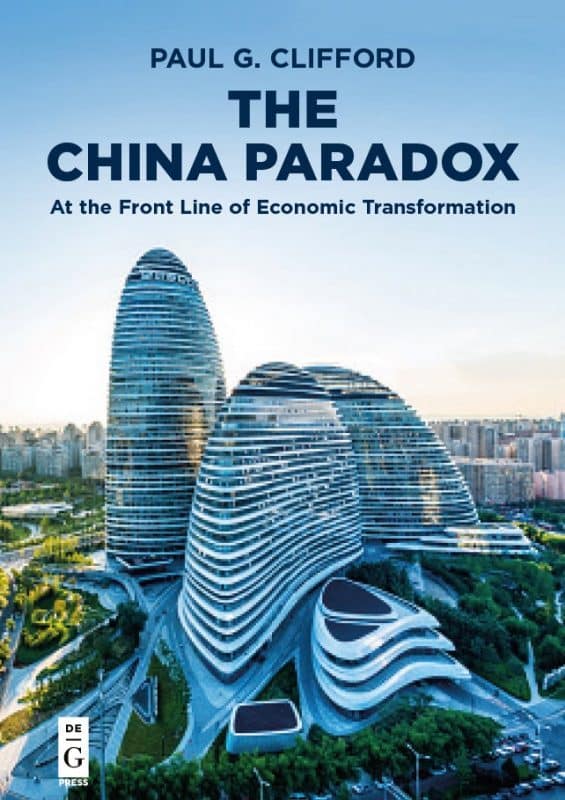Is China prematurely declaring victory in its reforms?
At the heart of China’s economic take-off during the last four decades is a fragile equilibrium between economic reforms and one-party rule. The communist party has demonstrated pragmatism and adaptability - but just at a time when China seeks to fully enter the knowledge economy and participate in global markets, it has put the brake on further reforms.
After Mao Zedong’s death in 1976, China’s ruling communist party, chastened by the pitiful failure of its first thirty years in power, boldly embraced radical economic reforms as the path to political survival. This fragile balance between economic opening up and autocracy – which I term the China paradox – has underpinned China’s hybrid developmental model which has performed so effectively over the last four decades.
The dysfunctional Soviet-style central planning that had sapped industry and commerce of all vitality was dismantled. The largest state-firms were restructured and their stock listed. Foreign direct investment was welcomed into China, filling gaps where the old system had been unable to deliver and permitting China to absorb (and sometimes steal) advanced technology as it played catch up.
Private industry, commerce and entrepreneurialism, which had been erased from the face of China under Mao made a breathtaking comeback, helping to prop up the economy during the rocky transition from central planning. Chinese firms now compete strongly in global markets. The cries of hawkers have returned to the street. Tiny restaurants compete to offer innovative versions of traditional regional cuisines. Color has come back into the cheeks of Chinese society.
Chinese Leadership’s Pragmatism and Adaptability
China’s break-neck, unbridled development came at a high price whether with regard to income inequality, rampant corruption or environmental pollution.
But the communist party has repeatedly displayed pragmatism and adaptability.
It is now readjusting the economy, emphasizing smaller cities over megacities, guiding a shift from labor intensive manufacturing towards high technology be it artificial intelligence or bio tech, moving from government infrastructure investment to an economy driven by consumer demand. China has responded to the environmental crisis by positioning itself as a leader in the use of renewables and in developing related technology.
“The fundamental downside of the China paradox is that further reforms needed to take China to the next level of development seem to have been abandoned or postponed.”
Notwithstanding the proven ability of China’s rulers to adapt and survive, the fundamental downside of the China paradox is that, given the Faustian bargain it entails between economic progress and one-party rule, further reforms needed to take China to the next level of development seem to have been abandoned or postponed. China’s governance is secretive and un-accountable and ill-suited to the needs of society.
The party never did pull out of state firms but in the last three years it has reasserted its authority in them with a heavy hand. The rule of law is weak, education is uncreative, and science yields many patents but little innovation. Internet traffic with the outside world is restricted while civil society is under attack.
The China Paradox
China’s rulers are pre-occupied with reining in corruption and consolidating power. Just at time when China seeks to move up the value chain into the knowledge economy, it is hunkering down politically rather than creating a more open society.
Is the China paradox, that fragile compromise, faltering or at risk of unwinding?
Those who predict the imminent collapse of the Chinese economy are likely to be proven wrong, just as they were in the past. But the growing confidence of China’s leaders that somehow they have made socialism work and that all that is needed is some further tweaking is likely misguided.
China is at a crossroads in its reforms. The signs are that things are slipping back rather than moving forward. It will take bold thinking and some risk taking to take China along the road to a level where it can challenge in ideas and innovation not just in sheer GDP volume.
[Title Image by ispyfriend / Collection E+ / Gettyimages]
